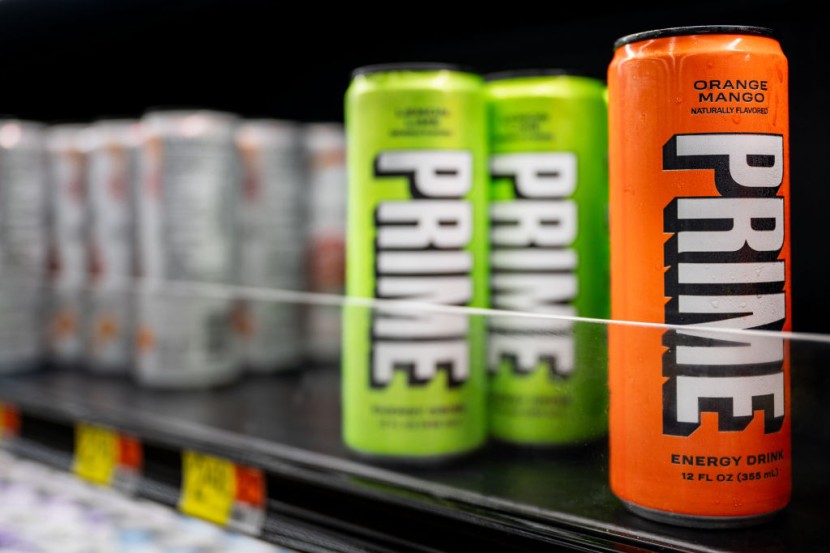A single serving of energy drink reportedly may contain as much caffeine as six Coca-Cola beverages. Thus, pediatricians and parents are urging the United States government to treat new high-caffeine energy drinks the same way it does alcohol and cigarettes to restrict the sale of these products to minors.
Prime Energy, a new product released this year, has 200 mg of caffeine per 350 ml can. It is more than the legal limit in Canada, Australia, and New Zealand.
Similar products, such as the Ghost energy drink by Anheuser Busch InBev and the Kimade energy drink created by Kim Kardashian, also contain 200 mg of caffeine. Monster Energy, a competitor, has 150 mg of caffeine.
Kids and Caffeine

Caffeine levels in energy drinks have steadily increased, prompting some governments and stores to outright prohibit the beverages. Meanwhile, others enforce stricter age restrictions.
High-caffeine energy drinks are legal in both the US and the United Kingdom.
According to Dr. Holly Benjamin, a professor of pediatrics and orthopedic surgery at the University of Chicago, stores are unlikely to limit access in the absence of legislative age restrictions like those on cigarettes and alcohol, as the New York Post reported.
The American Academy of Child and Adolescent Psychiatry states that no amount of caffeine has been shown to be safe for youngsters.
Dr. Benjamin has indicated that improved product labeling and education are the first steps toward mandating that stores separate sports drinks and energy drinks into distinct sections of the store. She went on to say, "Any energy drink with a high dose of caffeine in it, such as Prime Energy, is unsafe for children."
Caffeine may have negative impacts on children's mental and emotional health. These include agitation, anxiety, tremors, sleeplessness, and irregular heartbeat.
In July, US Senate Majority Leader Chuck Schumer requested that the Food and Drug Administration (FDA) look into the amount of caffeine in Prime Energy and whether or not it is marketed to minors.
'Child-Resistant Packaging'
According to its 2013 policy, the American Medical Association (AMA) favors prohibiting the marketing of caffeinated beverages to minors under the age of 18. The AMA also recommends that "child-resistant packaging" be required for all high-energy beverages sold in the US.
Florida mom of five, Kinneret Shick Ohana, saw the bright, colorful cans of Prime her kids had been raving over on display in the front aisles of Walmart. She brought the cans home to her children without reading the black text on the bottom that was labeled "energy drink."
"I got confused because when you first see the can, it's hard to see where it says energy drink," Ohana said, according to the New York Post.
Prime is just another example of a firm that is pushing these unsuitable beverages on youngsters, according to Bonnie Patten, executive director of Truth in Advertising. "The energy drink industry is marketing these products that are only supposedly intended for adults to kids," Patten said.








